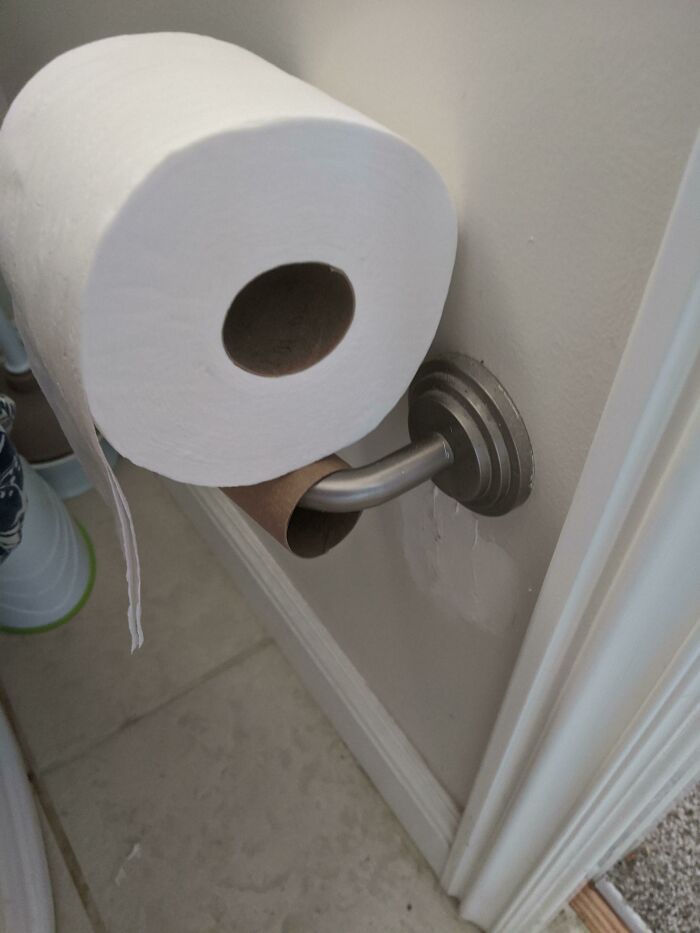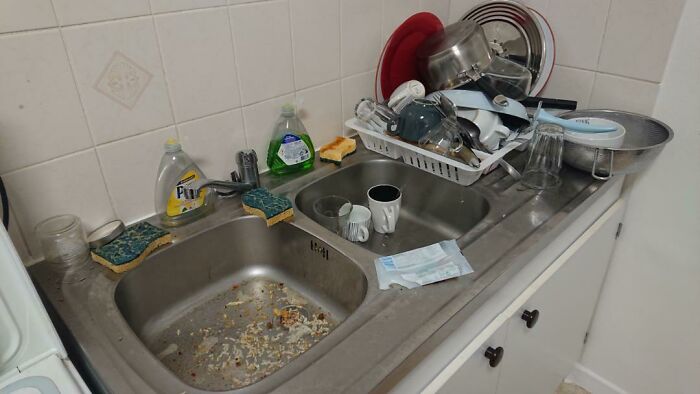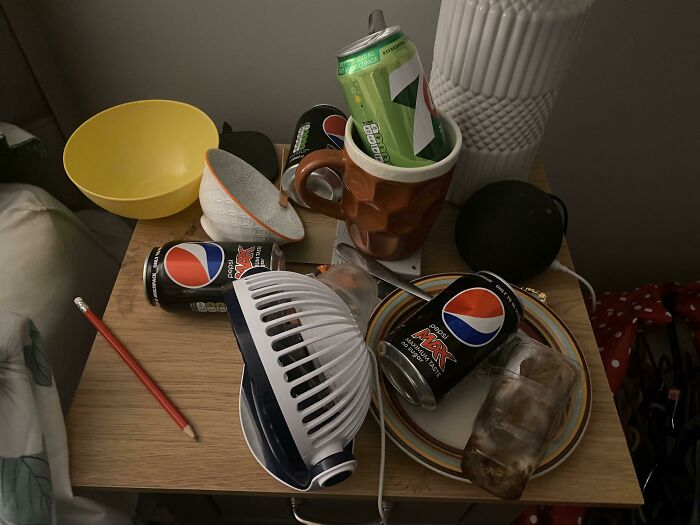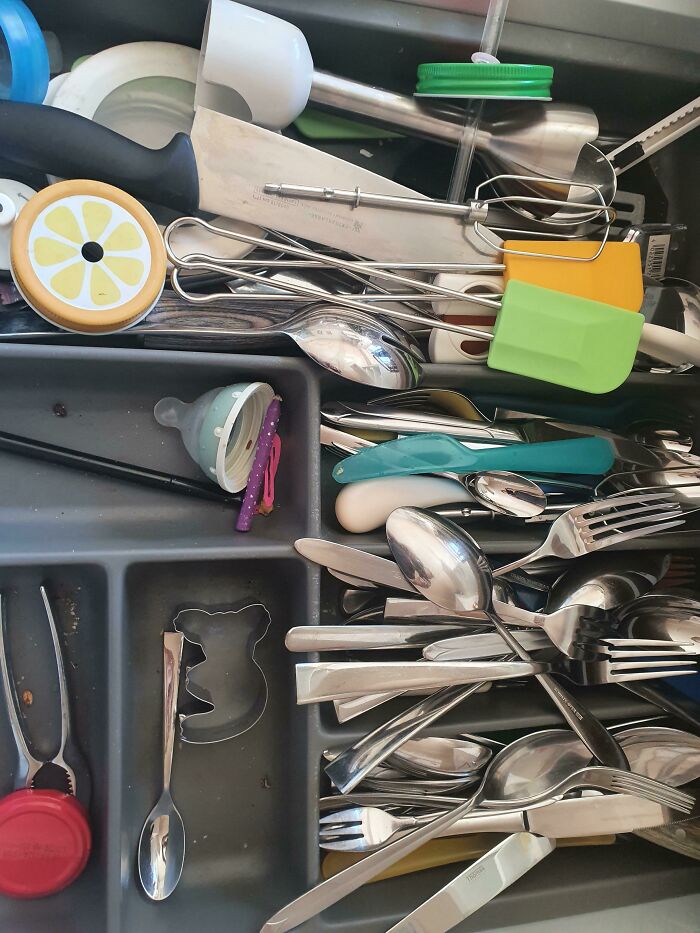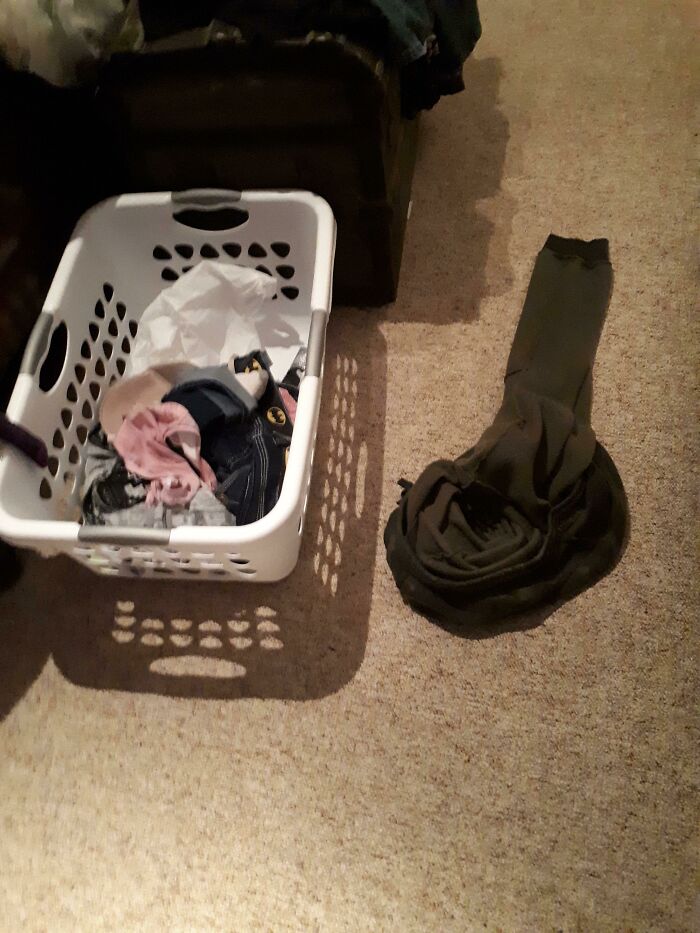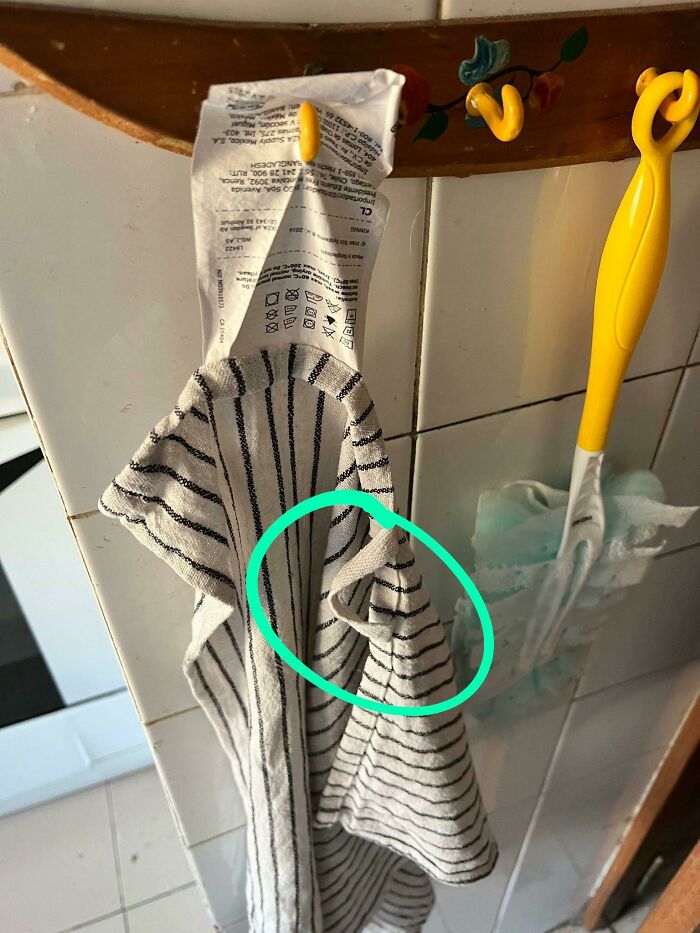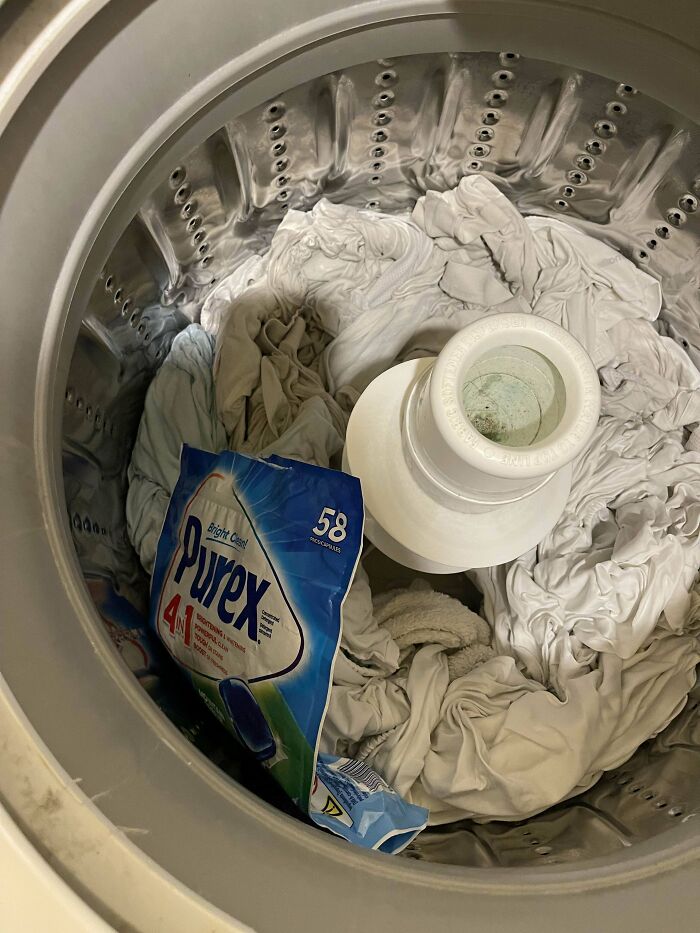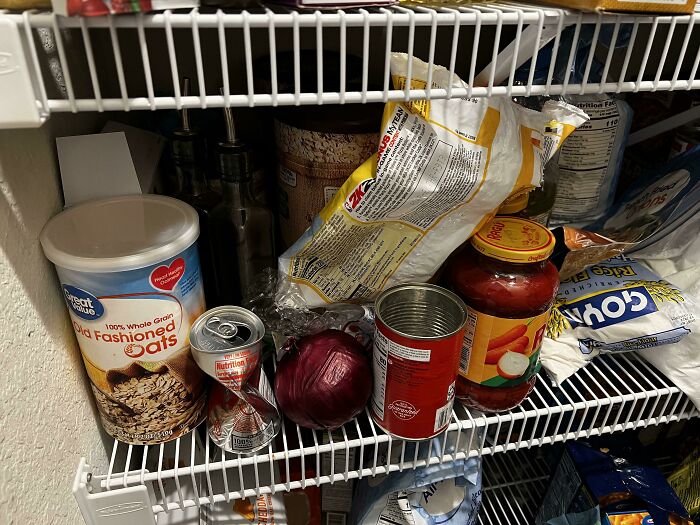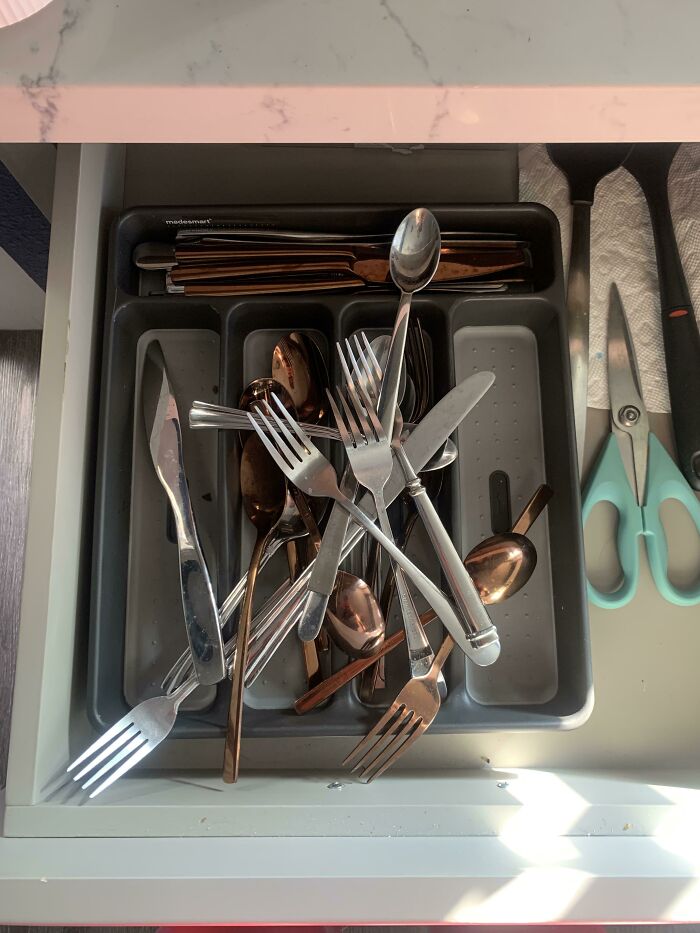These are just a couple of examples of such incompetence, often also referred to as strategic, when people pretend they are unable to perform a certain task—not well enough, at least—in order to avoid unwanted responsibility. Seeking to paint a clearer picture of what that is, we have gathered more examples on the list below, this time depicting boyfriends and husbands engaging in weaponized incompetence. Scroll down to view the images, but beware, some of them might make you quite annoyed just by looking at them. Yet some people don’t, and not because they don’t know how to, but because they don’t feel like it; and that’s when weaponized incompetence comes into play. Also known as strategic incompetence, the term refers to the deliberate feigning of incompetence in order to avoid certain tasks or responsibilities, typically resulting in situations like the ones depicted on this list. Finding themselves in such a situation, those exposed to their partner’s strategic incompetence might say that when they ask for help, they often have to explain things in great detail or eventually (re)do it themselves. Situations like these are likely to strain the relationship, as shifting nearly all the responsibility onto one set of shoulders tends to lead to stress and other detrimental consequences. “An imbalance of responsibilities can lead to conflicting feelings about the relationship,” she told VeryWell Mind. “While you may love your partner and care about them, you may also grow frustrated and start to resent them for not helping out more.” Lacking support from your partner, even if in regards to something as mundane as taking care of the dishes, might lead to bigger problems over time, such as trust and communication issues or emotional disconnection. Things that seemingly frustrate people about their significant others even more, though, are the latter having selective hearing, snoring, being too controlling or not financially responsible enough. That might be one of the reasons why married and cohabiting men seem to be more satisfied with the way household chores are divided between them and their partner. Back in 2020, as much as 55% of men were very satisfied with this aspect of their relationship, compared with 38% of their female counterparts, Pew Research Center reports (marking an increase from 49% for the former and a decrease of 1% for the latter compared to 2019). Follow Bored Panda on Google News! Follow us on Flipboard.com/@boredpanda! Please use high-res photos without watermarks Ooops! Your image is too large, maximum file size is 8 MB.
